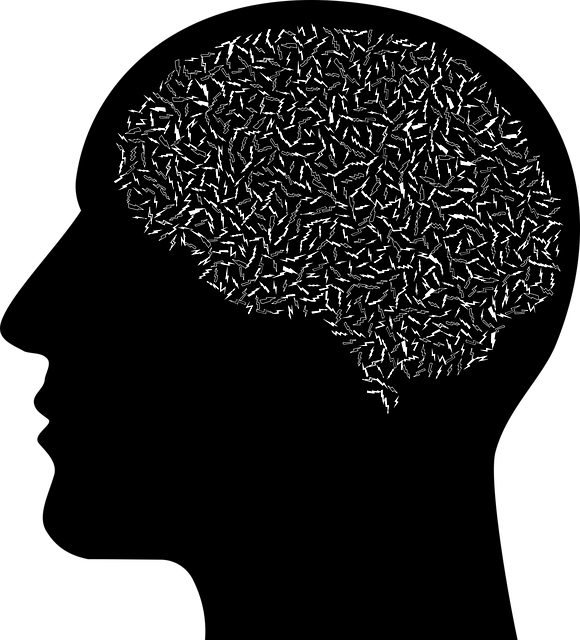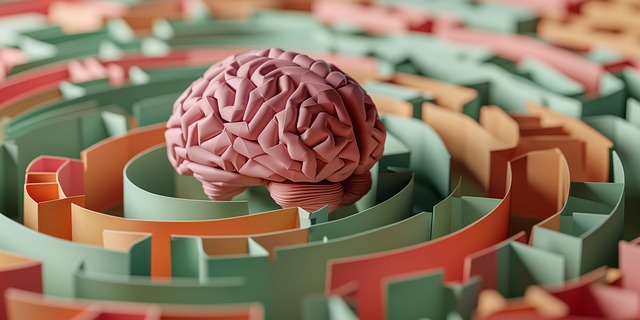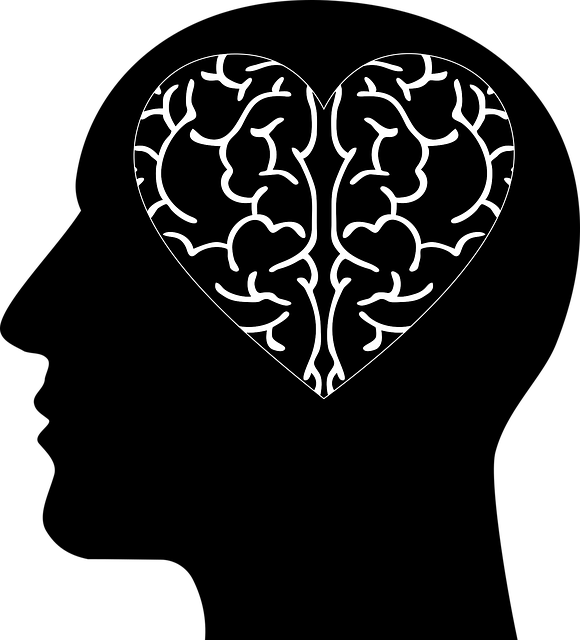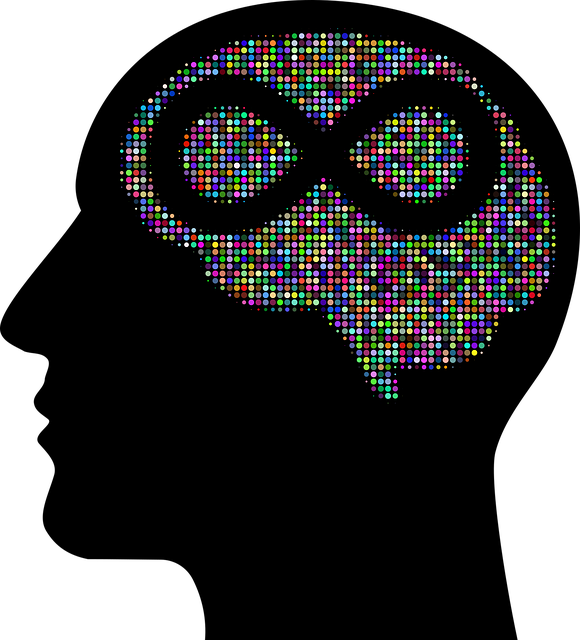Englewood Geriatrics Therapy is revolutionizing mental health diagnosis in older adults through holistic, patient-centered strategies. They combine advanced tools like AI algorithms with traditional methods and extensive training to improve diagnostic accuracy. By prioritizing open communication, cultural sensitivity, and individual life histories, they develop effective treatment plans tailored to each patient's unique needs, ultimately enhancing quality of life and reducing mental illness stigma.
At Englewood Geriatrics Therapy, mental health diagnosis accuracy is a pressing concern. This article delves into the challenges faced by healthcare professionals, exploring innovative strategies and patient-centered approaches to enhance diagnostic reliability. We discuss the role of technology and advanced training in improving evaluation methods while emphasizing comprehensive assessment techniques. By understanding these efforts, we aim to better support individuals seeking mental health services at Englewood Geriatrics Therapy and beyond.
- Understanding Mental Health Diagnosis Challenges at Englewood Geriatrics Therapy
- Innovative Strategies for Enhancing Diagnosis Accuracy
- Role of Technology and Training in Improving Diagnostic Reliability
- Patient-Centered Approaches to Ensure Comprehensive Evaluation
Understanding Mental Health Diagnosis Challenges at Englewood Geriatrics Therapy

Englewood Geriatrics Therapy faces unique challenges when it comes to mental health diagnosis due to the complex interplay of age-related factors and cognitive changes. Many older adults may experience symptoms that overlap with various mental illnesses, making accurate diagnoses a delicate task. For instance, what appears as depression could be a side effect of medication or a natural reaction to life changes, requiring thorough evaluation.
The clinic’s approach involves integrating holistic assessment methods, including in-depth patient interviews and comprehensive reviews of medical history, alongside traditional diagnostic tools. By promoting open dialogue and educating patients on mental health, Englewood Geriatrics Therapy aims to improve diagnosis accuracy. Encouraging individuals to discuss their experiences and concerns facilitates a better understanding of their emotional states. Additionally, they emphasize the importance of self-care routine development for better mental health and stress reduction methods, empowering patients with tools to manage their mood effectively.
Innovative Strategies for Enhancing Diagnosis Accuracy

In the quest for enhancing mental illness diagnosis accuracy, innovative strategies are transforming the landscape of mental health care. Englewood Geriatrics Therapy, a leading provider in the field, is at the forefront of these efforts. By integrating advanced assessment tools and evidence-based practices, therapists are equipped with more nuanced methods to understand patient experiences. This includes comprehensive evaluations that consider not just symptoms but also environmental factors, social determinants of health, and individual life histories. Such holistic approaches significantly boost confidence in diagnosis, ensuring more effective treatment planning tailored to each patient’s unique needs.
Moreover, enhancing diagnosis accuracy involves fostering Mental Health Awareness through continuous education and training for healthcare professionals. Englewood Geriatrics Therapy emphasizes the importance of staying abreast of the latest research, trends, and treatment modalities. This includes specialized training in mood management techniques, which are crucial for accurate diagnosis and monitoring progress over time. By combining these innovative strategies with a strong focus on Confidence Boosting and Mental Health Awareness, Englewood Geriatrics Therapy is revolutionizing mental illness diagnosis, ultimately leading to improved patient outcomes and enhanced quality of life.
Role of Technology and Training in Improving Diagnostic Reliability

The integration of technology into mental health care has been a game-changer in enhancing diagnostic reliability. Advanced tools like digital assessment platforms and artificial intelligence algorithms are now being utilized to improve accuracy and consistency in diagnosis. These technologies offer standardized evaluation methods, enabling healthcare professionals at Englewood Geriatrics Therapy to make more objective decisions. For instance, AI-powered software can analyze patterns in patient responses, helping to identify subtle symptoms that might be overlooked through traditional means.
Moreover, ongoing training programs focusing on empathy building strategies and emotional regulation techniques play a pivotal role in improving diagnostic reliability. These programs equip healthcare providers with the skills to connect with patients on a deeper level, fostering open communication. By reducing mental illness stigma through education and awareness, professionals can create an environment where patients feel comfortable disclosing their experiences. This, in turn, enhances the accuracy of assessments, leading to more effective treatment plans tailored to individual needs at Englewood Geriatrics Therapy.
Patient-Centered Approaches to Ensure Comprehensive Evaluation

In recent years, there’s been a growing emphasis on patient-centered approaches to ensure comprehensive mental illness evaluations, particularly at institutions like Englewood Geriatrics Therapy. This shift prioritizes understanding each patient’s unique experiences and perspectives, incorporating cultural sensitivity in mental healthcare practice, and tailoring treatments accordingly. By focusing on the individual rather than a one-size-fits-all approach, healthcare providers can better recognize complex interactions between psychological, social, and environmental factors that contribute to mental health conditions.
Such an approach necessitates Healthcare Provider Cultural Competency Training to address biases and foster empathy. Encouraging open dialogue and encouraging patients to express their concerns, fears, and hopes creates a safe space for them to share their stories. Additionally, integrating Emotional Well-being Promotion Techniques into the evaluation process helps identify not just symptoms but also underlying causes, leading to more effective interventions and improved outcomes.
Mental illness diagnosis accuracy is a multifaceted challenge, as evidenced by issues encountered at Englewood Geriatrics Therapy. By combining innovative strategies with technology and patient-centered approaches, significant improvements can be made. Enhancing diagnostic reliability through comprehensive training ensures more accurate and reliable mental health assessments. This holistic approach, tailored to the unique needs of patients, ultimately fosters better outcomes in treatment and care at Englewood Geriatrics Therapy and beyond.














